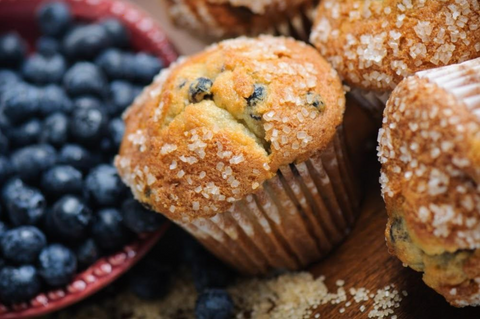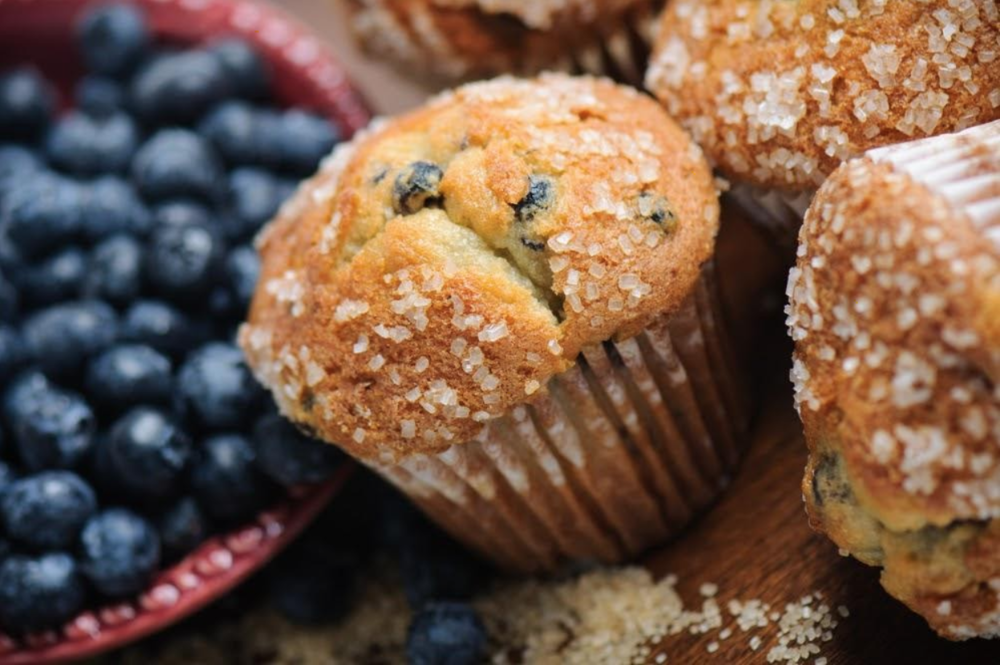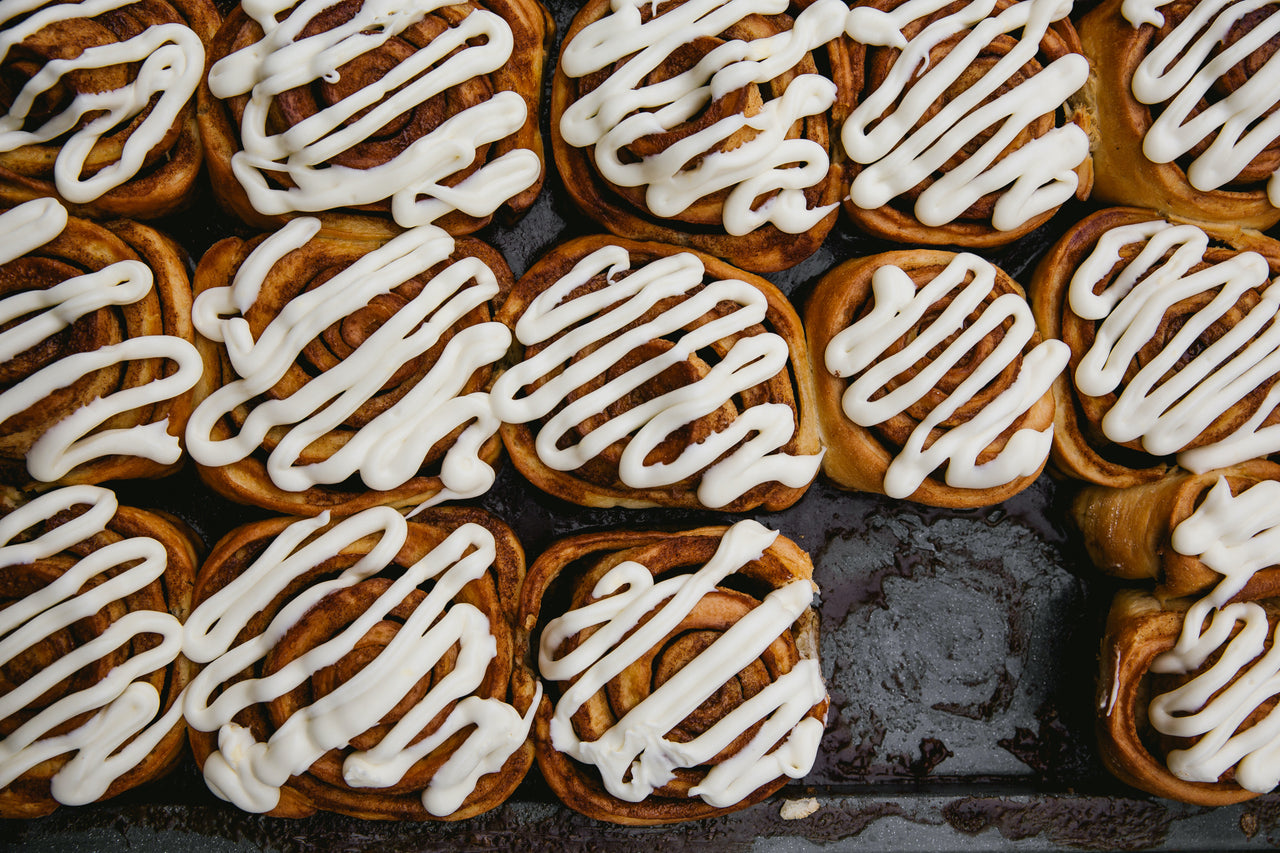by Guest Writer, Morgan Walker Clarke
All the best things in life are fleeting, especially that perfectly soft loaf of fresh-baked bread. As bakers, we put so much of our time into producing this gorgeous (and, might we add, edible) work of art, only to have it turn hard, moldy, dry and bland within a day’s time. And part of the reason why many of us love to whip up doughy creations is because we want to share them with our friends and family, but we often don’t get around to handing out what we make before it goes bad. Thus, to enjoy our creations to the fullest, it’s important to find ways to extend the life of the things we bake.

There’s a dilemma to this problem, though: many of the more common baking preservatives out there are not good for our bodies or the quality of our baked goods. Synthetic preservatives typically fall into three categories: antimicrobials, antioxidants and chelating agents.
Natural preservatives can include things like vinegar and spices, which, of course, can affect the flavor of what you’re making. Food additives and preservatives of all kinds may cause food allergies and negative reactions, so finding the right one is very important.
Here are a few simple ways to prevent bread gone bad without altering flavor or causing unpleasant side effects.
Keep it in the Freezer
Freezing has been used as a preservative method by those in cold climates for centuries, and it’s still a fantastic way to keep your baked goods in great shape without affecting flavor or adding anything that might cause unpleasant side effects. The key to freezing baked goods so they maintain their freshness is to limit the item’s exposure to air. For example, you’ll want to wrap a loaf of bread as tightly as possible with foil and then keep it stored in a freezer-safe, sealed plastic bag.
Keep it Tightly Sealed
Perhaps this is the most obvious one, but it’s also the simplest. As previously mentioned, soft, fresh baked goods don’t do well with exposure to air, so allowing them to cool or rest on the countertop uncovered for extended periods can translate to dry, gross-tasting bread. Make sure you know how to properly store your breads, muffins, cookies and more so that they don’t age quicker than you’d like. Store them in a tight-fitting container and never store in the fridge (this will dry out baked goods).
Work Honey into the Recipe
Honey is one of nature’s finest creations, serving as an all-natural sweetener and an impressive preserver all at once. Many bakers swear by the honey preservation method, which requires you to either add honey to the recipe (usually about two tablespoons for a standard loaf of bread) or use it as the replacement for your regularly scheduled sugar. The result is a sweetly flavored creation that lasts longer.

Work Cinnamon into the Recipe
Like honey, cinnamon is one of those naturally occurring miracle workers that can simultaneously improve flavor and lengthen shelf life. This delicious, warming spice offers natural microbial properties, preventing it from developing mold or becoming hard and stale. This is a great option for when you’re baking cookies, muffins and sweetbreads that could benefit from a bit of cozy cinnamon flavor.
Add in a Bit of Pectin
Pectin is a carbohydrate found in raw fruit, acting in nature as the glue that holds cell walls together. It is most commonly used as a gelling agent in jams and jellies, but it can also be used to help preserve the life of your home-baked sweets and savory breads. A tablespoon or two of powdered pectin can help improve the consistency of baked goods while also giving them a longer shelf life. Do a bit of experimenting to find the perfect amount for your recipe.
Add an Enzyme
To extend the shelf life of products, many bakers use specially formulated enzymes for preservation. These naturally occurring protein compounds can keep baked goods soft while preventing crumbling and staling. Many of these formulas use the amazing enzyme known as amylase—the one found in our saliva and pancreas that turns starch and glycogen into simple sugars—which can cause the bread to rise and maintain its sweet, fluffy flavor for longer. Enzymes are a surprisingly impressive but lesser-known tool in baking and can do everything from extend shelf life to improve color, consistency and texture.
Why It’s Important to Extend Shelf Life
Extending the shelf life of food has been a worthy human pursuit probably since the beginning of time. We have no use for spoiled food, and it can expose us to potentially dangerous pathogens and bacteria that can make us sick. On top of that, learning how to preserve food for longer can help us curb food waste, eliminate the shameful pantry cleanout featuring heaps of old, moldy and stale food, reduce losses and improve profits in a commercial set-up. Using these smart preservation tips will help ensure that your home-baked creations stay fresher for longer!




